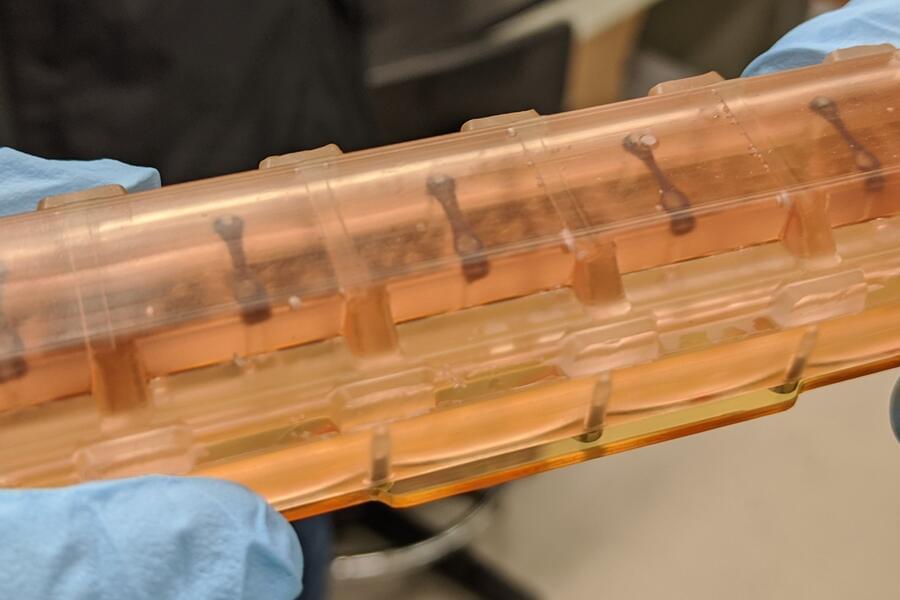Johns Hopkins Medicine scientists who arranged for 48 human bioengineered heart tissue samples to spend 30 days at the International Space Station report evidence that the low gravity conditions in space weakened the tissues and disrupted their normal rhythmic beats when compared to Earth-bound samples from the same source.
The scientists said the heart tissues “really don’t fare well in space,” and over time, the tissues aboard the space station beat about half as strongly as tissues from the same source kept on Earth.
The findings, they say, expand scientists’ knowledge of low gravity’s potential effects on astronauts’ survival and health during long space missions, and they may serve as models for studying heart muscle aging and therapeutics on Earth.









Leave a reply